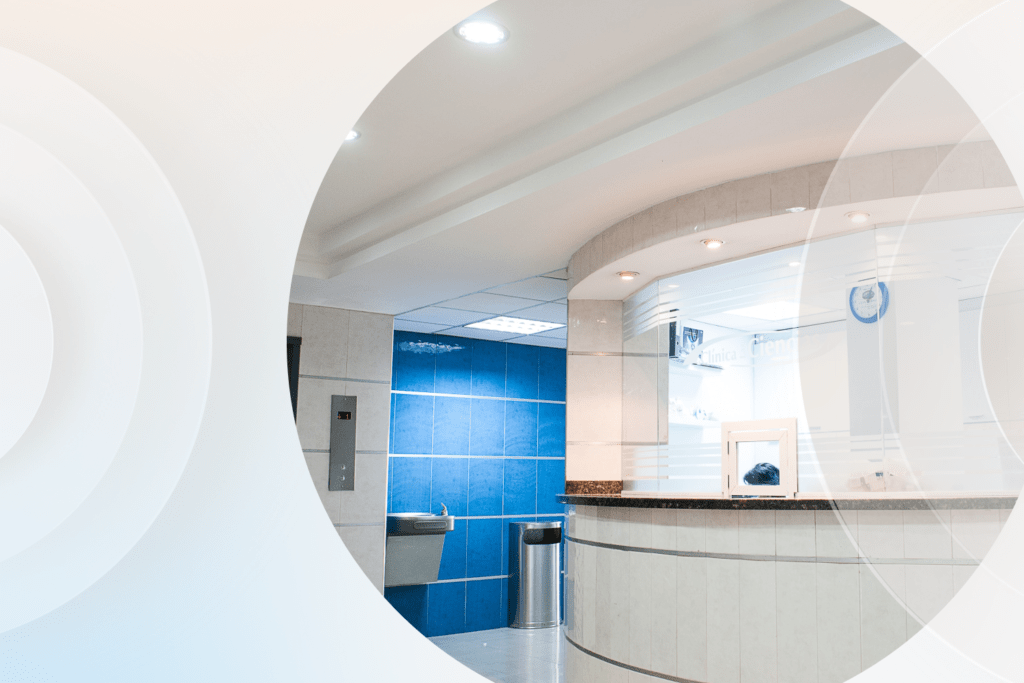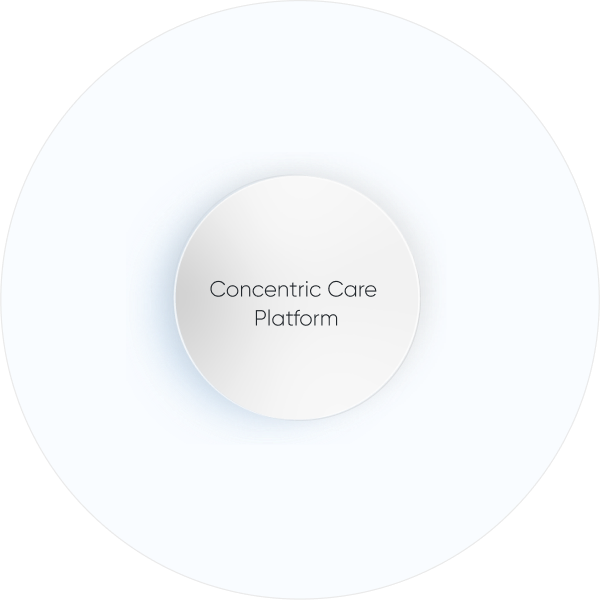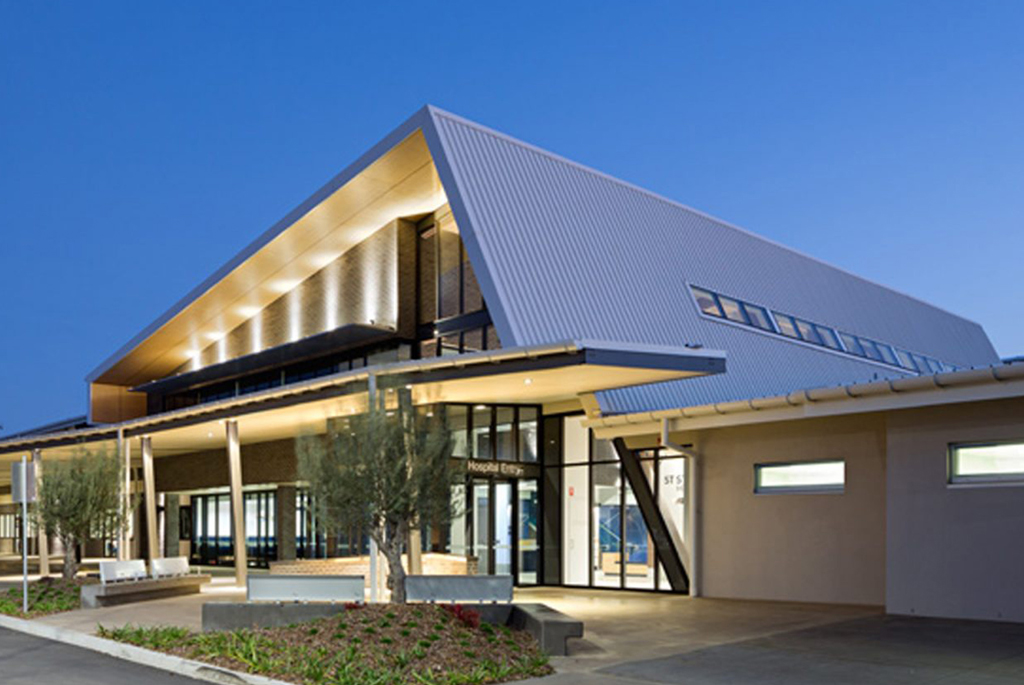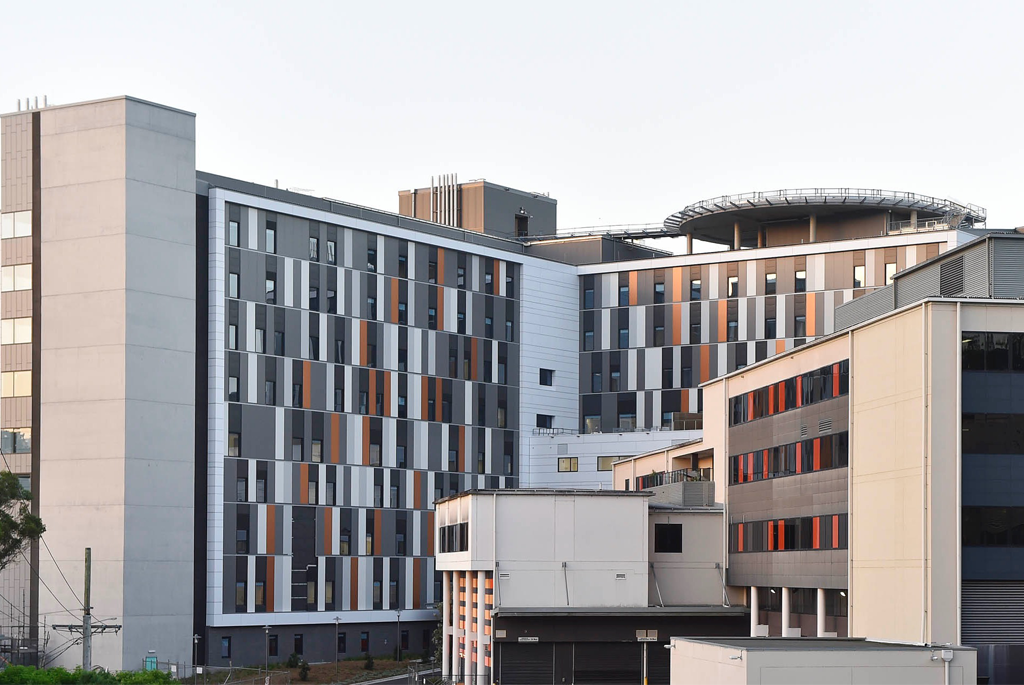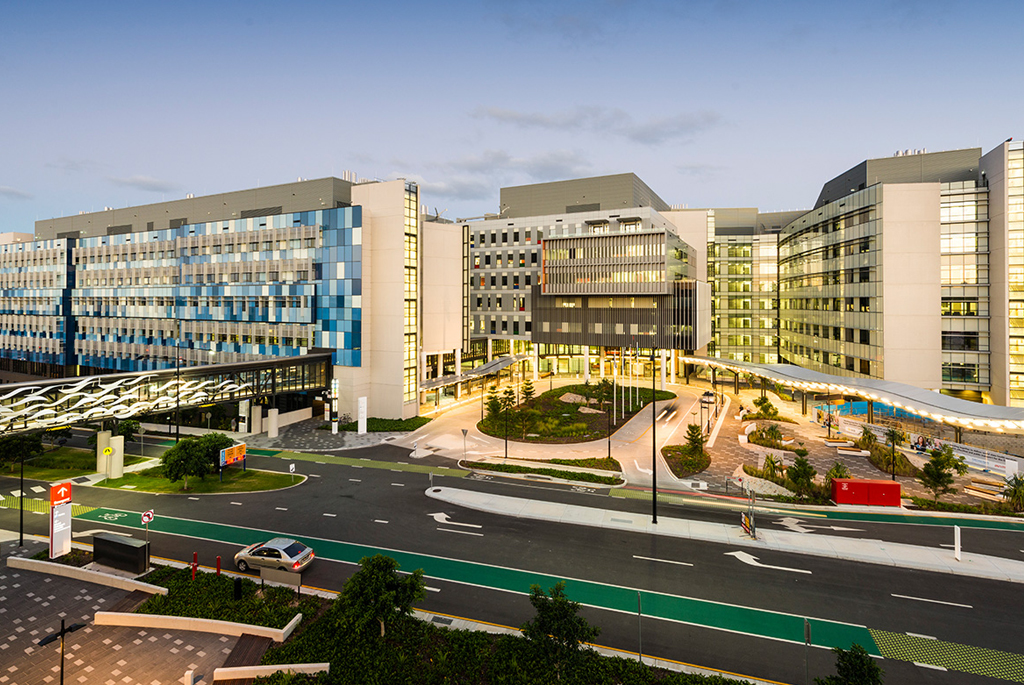A unified way to collaborate
and care across locations.
Data Center
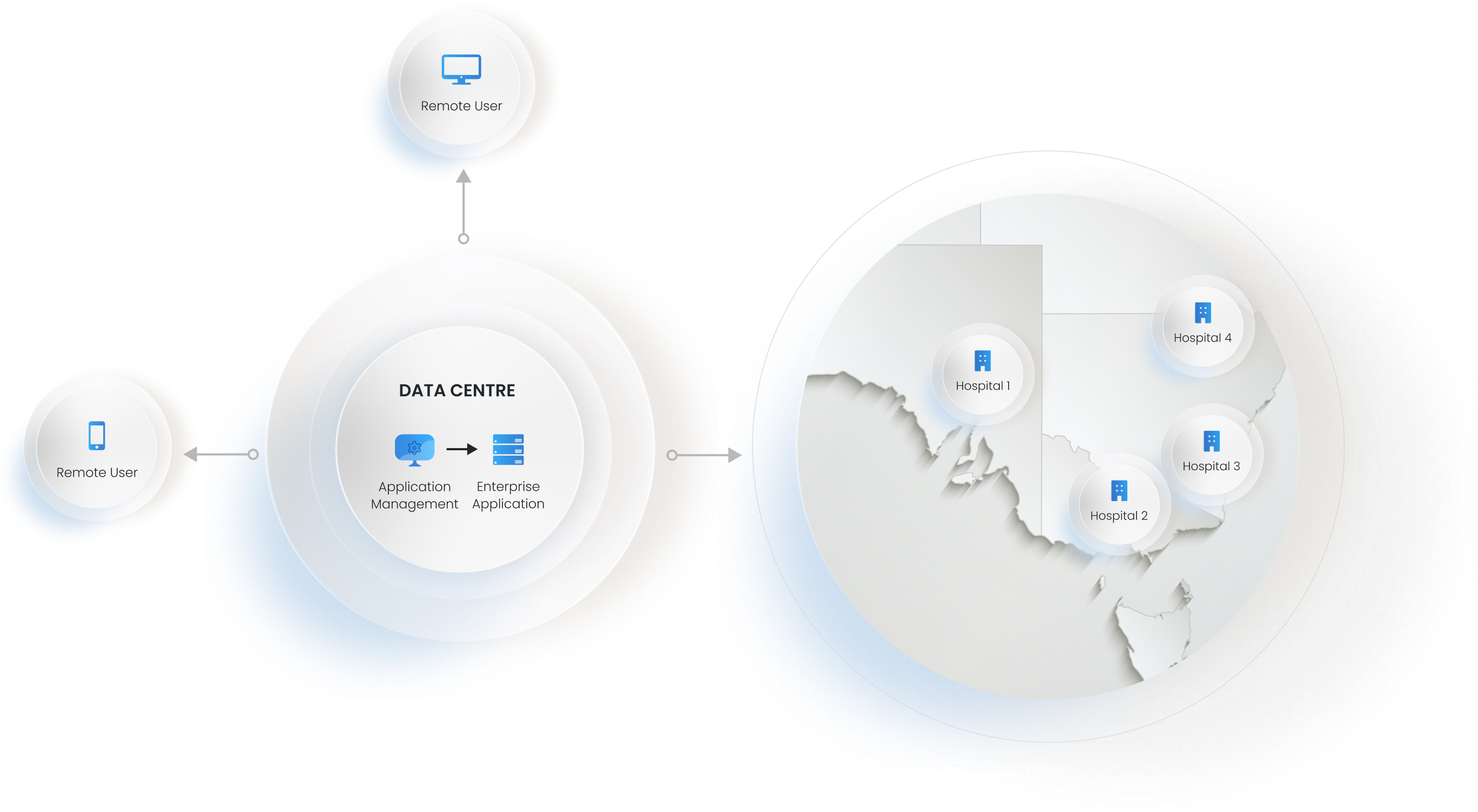
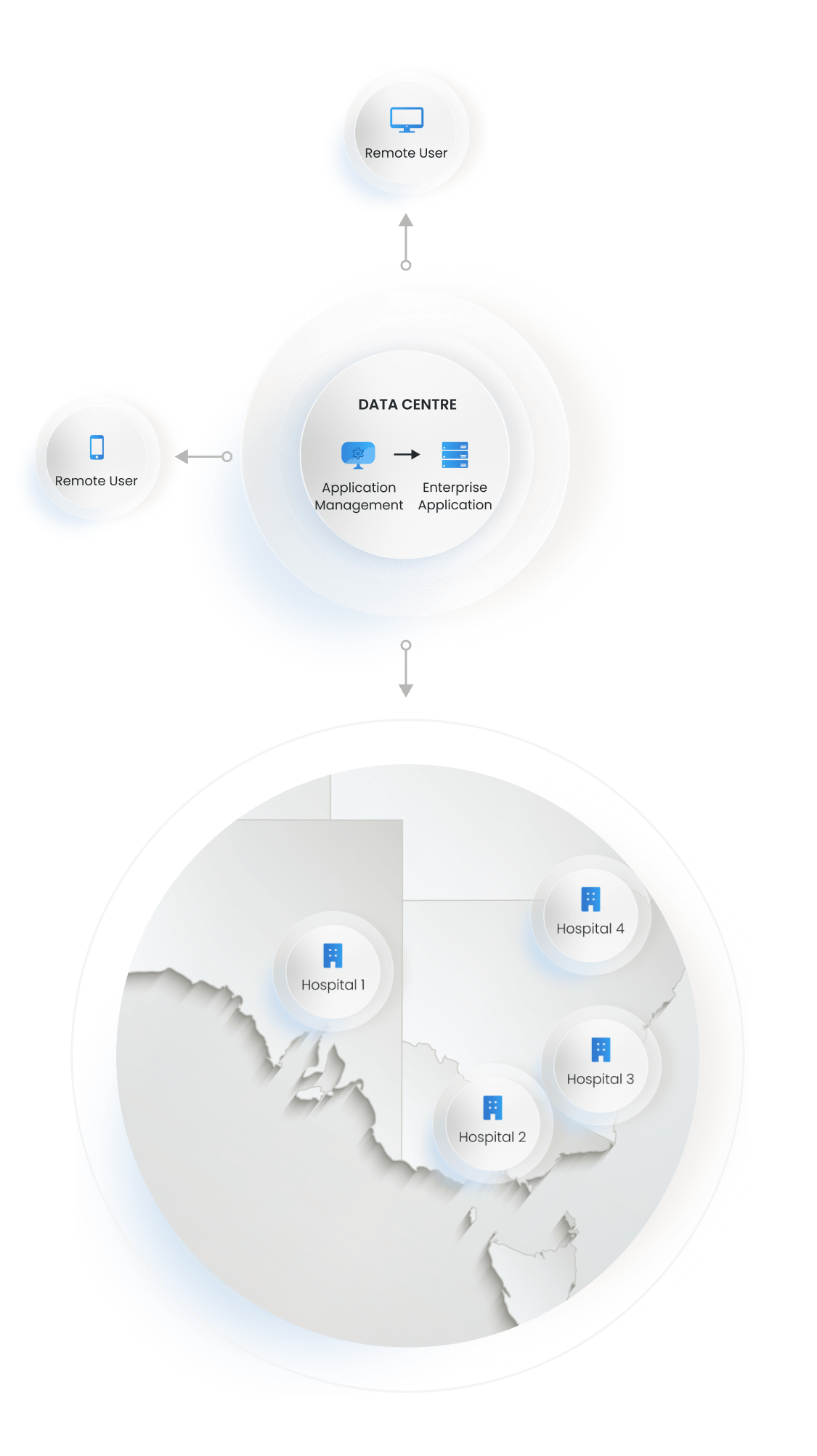

Globally, healthcare organisations are under continuous pressure to deliver excellent clinical outcomes while utilising minimal resources.
Care team members deserve tools that enhance the connection to patients and enhance clinical workflows. Efficient use of capital and operational budgets is of the highest importance for a sustainable clinical care organisation.
The current care environment is often characterised by disparate and non-integrated systems acquired over time with insufficient consideration given to the need for system integration to support longitudinal care delivery models and the ever-evolving needs of patients, staff and care management.
Consider an enterprise platform that supports end-to-end solutions with simple, standardised and intelligent workflows that improve outcomes and the care recipient and clinician experience.

Taking a future proofed strategy.
Enterprise platforms in smart hospitals provide centralised, scalable technology solutions and leverage open standards for data interchange.
A multi-site clinical care collaboration and communication platform can ensure standardisation and a consistent experience for patients and clinicians across the entire healthcare enterprise.
With an integrated and scalable platform that can seamlessly interoperate with other corporate and clinical systems, such as electronic medical records, workflows can be designed end-to-end and across the entire continuum of care as well as multiple locations and departments.
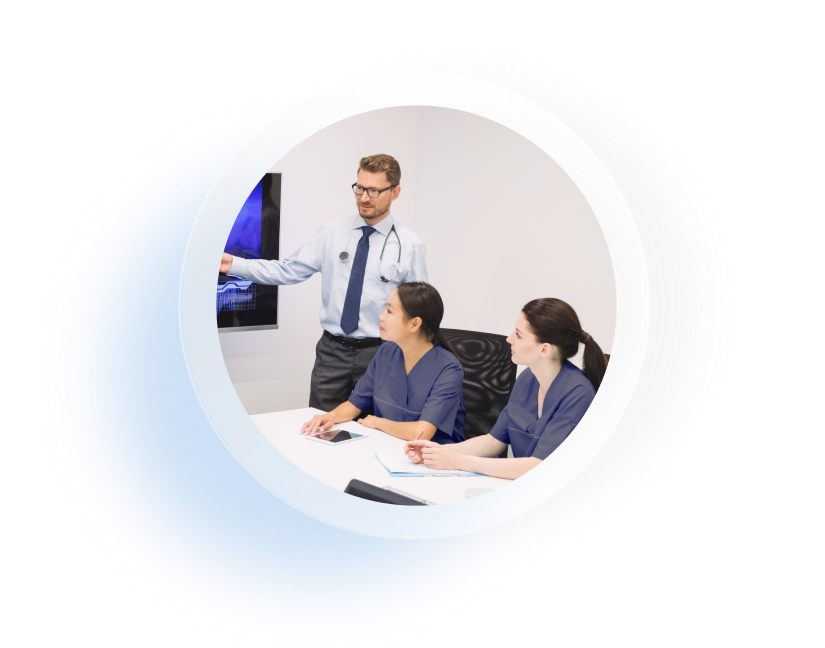

Interoperability.
Patients receive care in a wide variety of venues, amassing data in many different systems. Interoperability is a requirement for all modern healthcare information technology systems.
For software solutions to earn a place in the day-to-day work of overworked clinicians, they must reduce data entry, and make the latest information available.
A sustainable environment.
Sustainable design is an approach that prioritises environmental, social, and economic sustainability in the planning, construction and operation of healthcare facilities.
It offers a range of benefits to help improve the health and wellbeing of patients, staff and the environment. To create such an environment, it includes making decisions that consider the reduction of waste and using resources efficiently.
An enterprise approach using platform technology should leverage existing infrastructure, software and/or devices that have been deployed to reuse or repurpose for additional use cases.


Safety and quality.
Unifying and centralising digital health systems that enable healthcare providers to deliver quality and safe care to their patients and residents, ultimately will lead to higher levels of satisfaction, user and care-centric, as well as improved and quality outcomes.
The benefit of a standard system-wide approach to care delivery is that staff members can focus on quality-of-care delivery, not on learning new technology.
Staff members can be immediately productive when they move to a new care location as they already have the knowledge they need to use the technology.
Cybersecurity.
As technology and the internet become more integral in the delivery of care, healthcare innovation and the transition of digital health solutions has enabled more virtual care capabilities.
To avoid any exposure to risks of cyberattacks and security breaches, a centralised, highly secure technology platforms have limited attack surfaces and can be maintained using modern techniques.
Ultimately, the protection of patients, residents and staff members should be the highest priority in the healthcare system, safeguarding them from any potential attacks.

An enterprise platform approach to integrated care.
To realise integrated workflows and quality and safety, have a responsive, interoperable platform with patient care at the core.
Establish shared vision partnerships.
Engage clinical stakeholders.
Insist on open standards and robust interoperability.
Create end-to-end workflows using enterprise systems.
Continuous improvement mindset.
Aggregate capabilities into an enterprise platform.

“We use around 600 items in the kitchen and all of them are now linked with allergy warnings and therapeutic diet codes. We can now manage the risks much better.”
“We use around 600 items in the kitchen and all of them are now linked with allergy warnings and therapeutic diet codes. We can now manage the risks much better.”
Case studies
Case Study
St Stephen’s Hospital
Integrated hospital communications support St Stephen’s in delivering exceptional patient care
Learn MoreCase Study
Gosford Hospital
Gosford Hospital improves patient safety and quality of care with quiet environment
Learn MoreCase Study
Gold Coast University Hospital
Gold Coast University Hospital leverages technology to transform patient meal ordering
Learn MoreCase Study
Knox Private Hospital
Knox Private Hospital improves patient satisfaction and quality of care with quiet environment
Learn More
